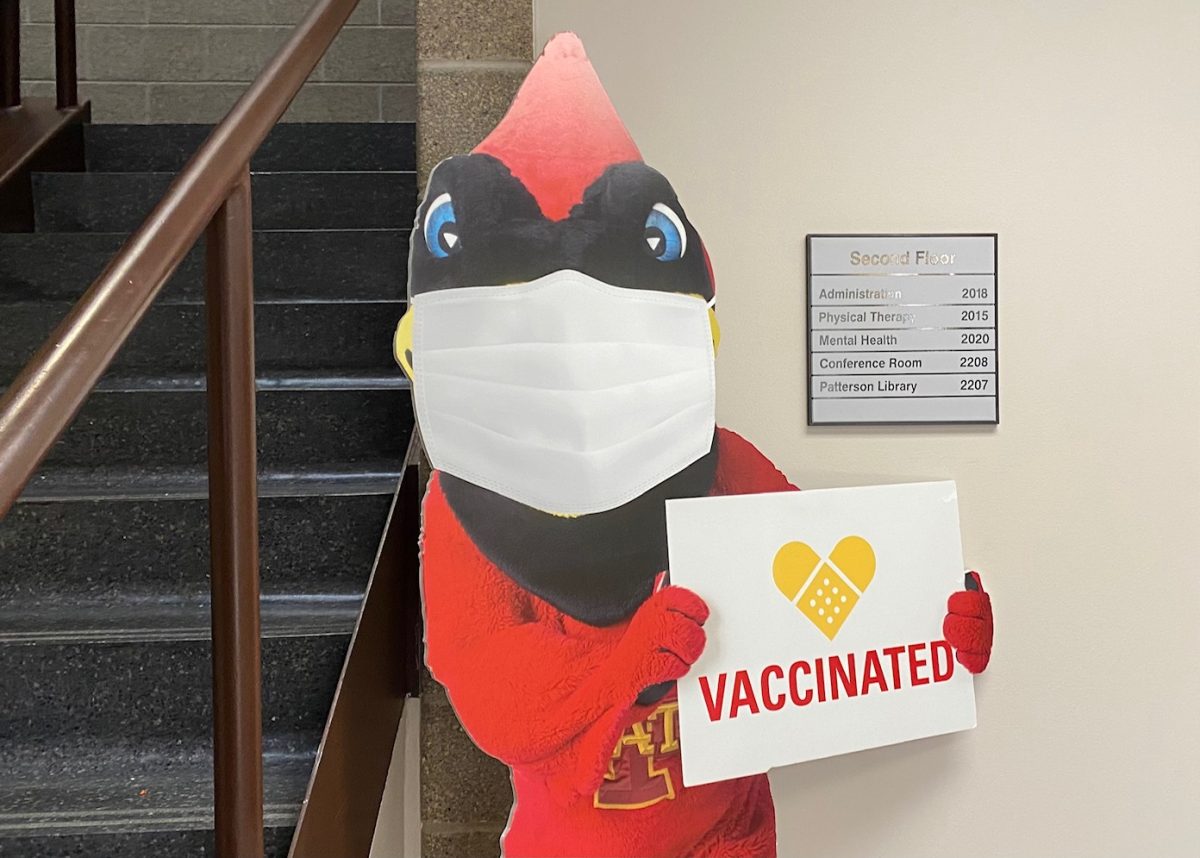Rape myths
September 15, 1998
The University Assault Task Force is a group comprised of ISU staff and Ames residents who serve as a coordinating committee reviewing policy, resources, preventive measures and the pattern of sexual assault at ISU.
The Task Force is concerned with the tone of the Daily article “Tate Testifies in SAE Rape Trial,” on Friday, August 28.
We are concerned that female students will fear reporting sexual assault, particularly date and acquaintance rape.
We would like to raise awareness of the underlying message in the article that reinforces the following myths about rape:
Myth 1: “Good guys don’t and can’t commit rape.” This is not true. In our society, we want to believe we are safe from bad things, so we think that rapists have a certain look. People who do not fit the stereotypical rapist profile have committed physical, sexual and emotional assaults.
Myth 2: “Women can’t be believed and thus shouldn’t report rape.” This is called “blaming the victim.” We need to ask ourselves what women have to gain by falsely accusing others of sexual assault. FBI statistics reflect that the false rape claim rate is only about two percent. Thus, the majority of rape reports are true.
Myth 3: “Women must be bruised and have visible battering signs in addition to documenting that battering to prove they have been sexually assaulted.” In our society we want concrete, tangible proof that something happened before believing it.
Myth 4: “If women do not report to a friend or authority figure right away about the rape, then it didn’t really happen.” Research on the reporting of rape reflects that most victims wait to report the rape due to shock, disbelief and fear of others blaming them. Psychologist Mary Koss has done a study of women that focused on the issue of victimization. In the study, 50 percent of the women who had an experience that met the legal definition of rape did not consider it as such.
Myth 5: “If you drink alcohol, you give up your right to be safe.” We have all heard comments about “if she was drinking and in his room, then she should have known what was going to happen.” What is implied by this statement is that she deserved it. In actuality, when a person has alcohol, they are less able to give consent. Alcohol impairs the ability to obtain or give consent to sex, and not obtaining consent is rape.
Myth 6: “As characterized by the title for the Daily article ‘SAE rape trial,’ sexual assault only occurs in fraternity houses.” This trial concerned one individual, not a whole fraternity. Sexual assault can happen anywhere, anytime of day or night.
Iowa State University has a task force committee because we believe this issue is very important, and we do believe rape happens on college campuses.
Please increase your awareness about the myths of rape and how they might affect your victim blaming other students or yourselves. Feel free to contact us if you have any questions.
Brooks Morse
Student Counseling Service
Pamela Thomas
Women’s Center






